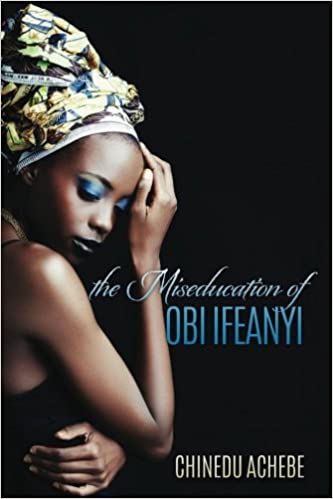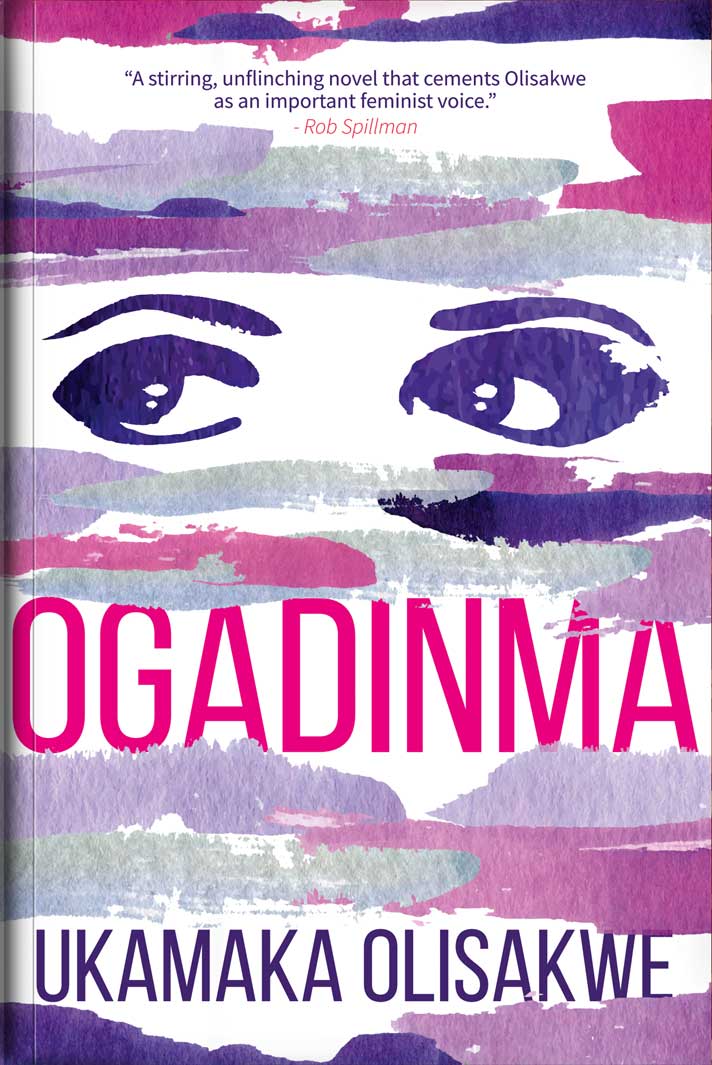
Genre Nonfiction: Essays
Blurb “Excuse Me! is a compilation of Victor Ehikhamenor’s thoughts, experiences and keen observation while he was the pioneer creative director of NEXT newspaper. Most of these beautifully strung together collection of creative non-fiction were first birthed on the pages of the Lagos-based newspaper, Next daily, Next on Sunday and 234next.com between 2009 and 2011. Majority of the content were informed by actual socio-political events that took place within that period of time plus more. Also interesting are Ehikhamenor’s illustrations and drawings presented throughout the book, especially those in the middle of the book which were done during morning editorial meetings.”
Editing A few errors.
What worked? Creative nonfiction is useful for telling stories some of which may just be mundane everyday stuff but for historical purposes, they capture a period in the lives of people. This book employs witty satire to convey deep messages. Victor also uses metaphor as seen in “Come Back, My Love” where he is reminiscing about the good times he had with his lover. The book has 61 essays divided into 5 parts and 2 bonus articles.
Part 1, The Scent of Pubescence contains 7 essays. It begins with essays about Victor’s childhood, experiences as a young adult in university and love interests. It takes us on a nostalgic memory lane to a time when things were simple and good (well, as good as it could get). A time where the deep rot of greed, violence and government incompetence hadn’t taken over. In “Love letters,” Victor reminds us that the art of love letter writing is an acquired skill. Conveying one’s message in writing and making sure it is well received. It’s not all about letter writing though, you also need to perfect the art of sending the right gifts on Valentine’s Day, as he shows in “Ever Jolly Valentine.” ”Forgive Me Father For I have Sinned,” offers an examination of Victor’s faith and the role of religion in society. In “Village Christmas Itinerary,” he weaves socio-political realities into a story about celebrating Christmas in a manner which raises valid concerns but still highlights the beauty of simplicity. Victor reminds us about how simple those times were, from eating organic food grown in the backyard to wearing well-tailored clothes. Part 1 was Mo’s favourite part of this book.
Part 2 titled Apolitically Speaking is a commentary on socio-political issues in Nigeria. It has 16 essays most of which are satirical pieces. “I Miss Yar Adua” captures some of the madness that was the political scene in Nigeria in the final 6 months of President Umaru Musa Yar Adua’s life. No one would have predicted that less than 10 years down the line, Nigeria would have to once again deal with these scenes with President Muhammadu Buhari. This essay reminds one of 1990 when Mandela regained freedom which meant ‘Free Mandela’ songs could no longer be released by artists. Victor uses biting sarcasm in “Travel Well, Mr President,” a satirical piece criticising the president’s decision to travel out of the country. One can see the erosion of goodwill from the joy when the president is elected to the disappointment when he acts in ways Victor disapproves of.
Part 3, Viva Nigeriana has 14 essays about socio-cultural issues and includes Nigerian lingo and mannerisms. “My First Television” ends on a tragic note of Ken Saro-Wiwa’s death and puts the year as 1995. Some essays are quite humorous like “Seed Yam Philosophy and the Lessons of Life.” Lady B’s favourite essay is “Old Shrine, New Gods” because Victor takes the reader through cultural history yet surprises the reader with his conclusion of new gods. “When it Rains in Lagos” reads like a poem with the use of metaphor to convey its message:
“You watch as the country’s youth is plastered against the walls of roofless bus stops and the rains wash their prospects away to an unknown future.”
Part 4, House Away From Home comprises 7 essays and is about being an immigrant as a Nigerian. Victor writes about culture shock and trying to adapt in a foreign land. This is punctuated by events from Nigeria that caught his attention. In “Honest Visa Application” he flips the script on westerners by showing how they live in luxury as expats in Nigeria unlike their parents back home. Nigerians are not suicide happy, he writes. This was surely before Boko Haram and Umar Farouk Abdulmutallab. In “When Aunty Ndi’s Circus Came To Town,” Victor likens a childhood memory to a series of events which results in painful financial losses. The effect was an essay easy to remember because of the way the author contrasted two unrelated events.
Part 5, As I was Saying before I was Rudely Awaken… has 17 essays about a variety of subjects. The stand out essays in this part include “The Road” which highlights the absurdities on a road trip in Nigeria when compared to a road trip in the US and “Beggars Lane,” an essay about the begging culture in Nigeria.
Overall, Excuse Me!, a humorous take on real-life issues is enjoyable. It is written in a witty and engaging manner. Parts of it read like a memoir. Victor may not speak everyone’s mind but he did a good job writing about these events as they happened and how he viewed them at that time. The essays highlight his keen sense of observation and critical thought about everyday issues. However, non-Nigerians may find it difficult to follow some essays.
What didn’t work?
The conclusion in a few of the essays in Part 1 where Victor compares the past with the present and finds the present wanting was strange. Having nostalgic feelings about one’s past is understandable but considering how much technological advancements have improved our lives, it’s hard to believe the past is preferable. Without social media, we probably may not have known about Victor or indeed been aware of his book which we just reviewed.
Part 2 would have benefited from a chronological arrangement especially as there are no dates. The essays go back and forth talking about Umaru Musa Yar Adua to Goodluck Ebele Jonathan and back to Yar Adua which causes some confusion to the reader.
Number of pages 336.
Publisher Parresia Publishers.
Damage N500 on Okadabooks.
Rating 7/10
You can buy a copy of Excuse Me! on Amazon and Okadabooks.
Other books in nonfiction which we have reviewed: Longthroat Memoirs: Soups, Sex and Nigerian Taste Buds.
We would love to hear from you in the comments section, so please, let us know what you think.





4 responses to “Excuse Me! by Victor Ehikhamenor”
[…] Read our review of Excuse Me! here. […]
LikeLike
Reblogged this on Je Ne Sais Quoi.
LikeLike
[…] *Written by and Posted on Literary Everything […]
LikeLike
[…] we have reviewed. You may read our first two reviews: The Domestication of Munachi (fiction) and Excuse Me! […]
LikeLike